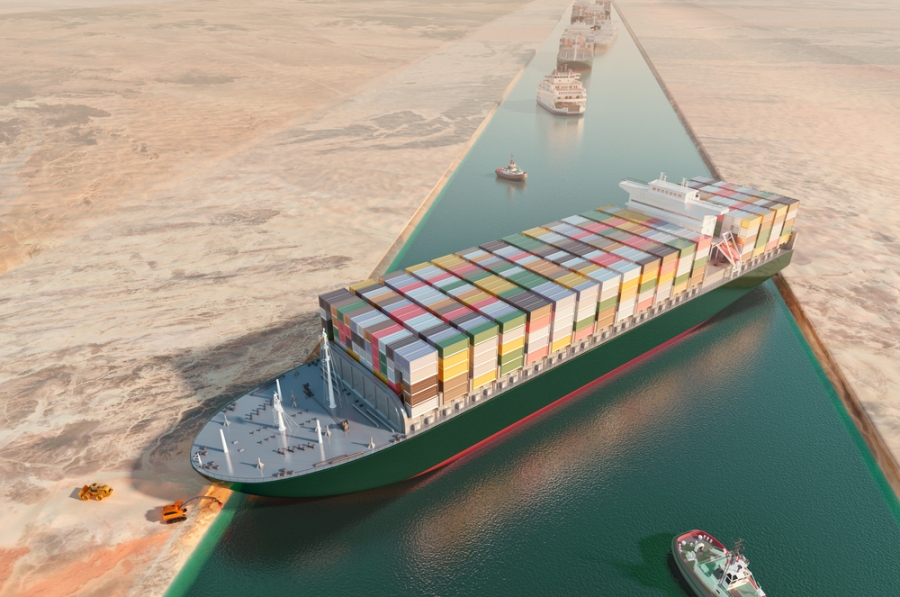Several shipping firms intend to avoid the vital canal, including OOCL in Hong Kong and Hapag-Lloyd in Germany. Due to the attacks’ disruption of international trade, a naval task force was formed to address security concerns.
A chokehold has been placed on the Suez Canal, a crucial economic route that handles around 12% of global trade, affecting the flow of commodities between Asia and Europe. Companies rerouted ships in response to the growing conflicts; Hapag-Lloyd plans to reroute 25 vessels by year’s end, which caused a disturbance in shipping inventories and freight rates.
Global supply networks become more complex as longer routes throughout Africa are required to avoid the Red Sea and Suez Canal. The Houthi conflict, which is affiliated with Iran and controls a large portion of Yemen, says that Israel is to blame for these strikes.
To get consumer products to stores, traders are desperately looking for alternatives, such as airfreight, even if going across Africa takes an extra 10 to 14 days for a voyage. Shipping costs have increased due to the crisis; in December alone, container rates from China to the Mediterranean augmented by 44%. Global corporations, such as Kone and IKEA, expect product shortages and transportation delays to impact more than just the containerised products industry.
Analysts caution that if the conflict continues, shipping spot costs may increase by two or three times from their current levels. Exporters of American soybeans are thinking about taking shorter routes instead of making lengthier trips around Africa or South America. By February, shortages might affect some merchants, but businesses have learned from the COVID-19 epidemic to strengthen supply chains’ resilience by varying their suppliers.
As part of an international alliance headed by the United States, Greece has promised to send a navy frigate to address security concerns in the area. Stabilising the vital waterways is essential for the complete recovery of shipping, which will affect not only international trade but also have an immediate negative effect on Israel.
Since the increase of Houthi strikes, activity at Israel’s most southern port of Eilat has decreased by 85% as a result of OCCL’s decision to stop shipping to and from Israel, citing operational concerns.




















